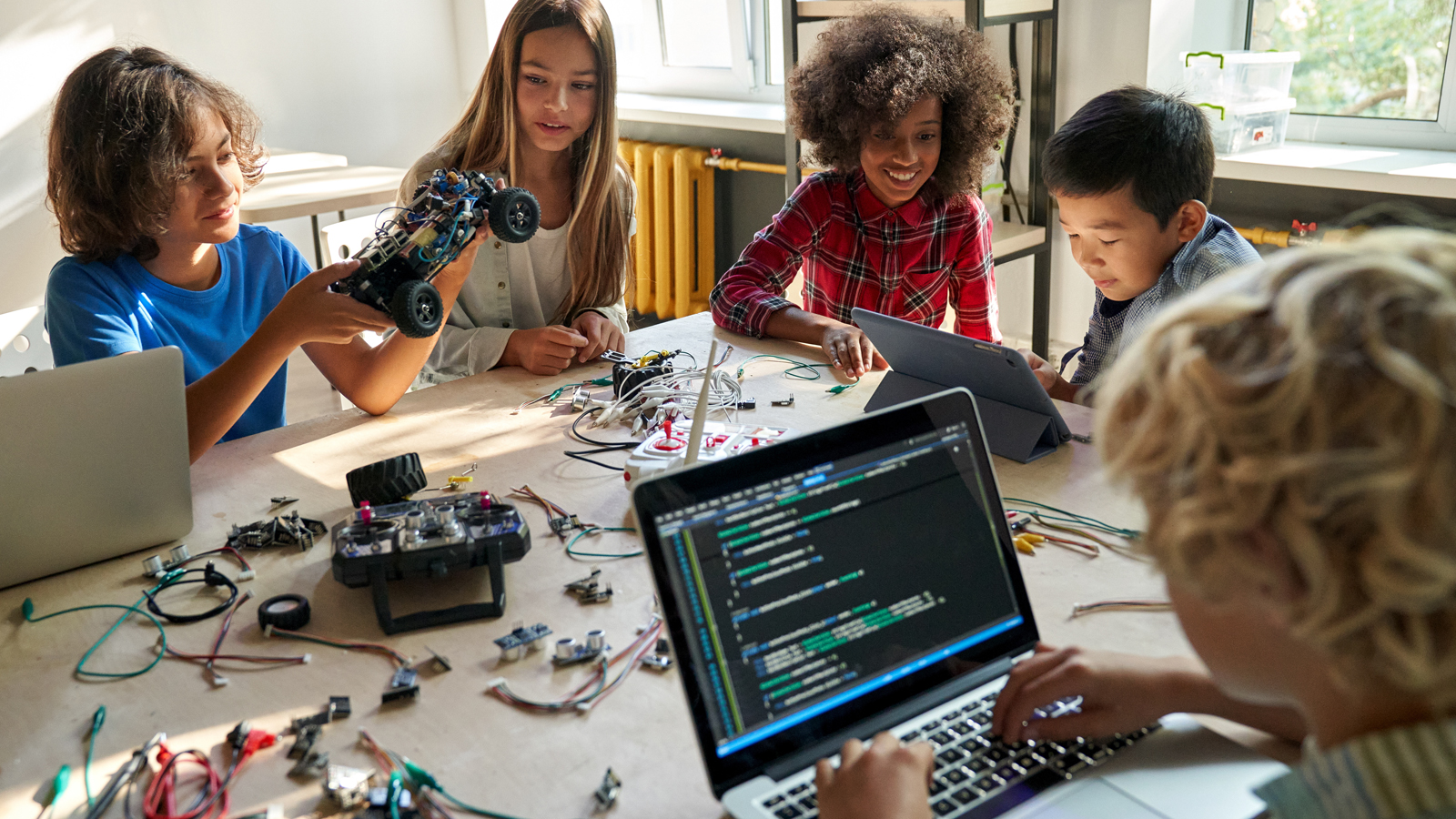ChangeX provides community members a way to create local impact

Since launching in 2015, Irish-headquartered non-profit ChangeX has supported thousands of community projects around the world. ChangeX has built an online platform, where people can choose a project to start in their community, find resources on how to do it and apply for funding.
ChangeX brings proven, scalable ideas – things like Girls Who Code, Pollinator Partnership, Community Fridge and FIRST Lego League – to new communities, empowering local people to adopt these ideas and drive positive change in their own neighborhoods.
“We find great community ideas and help them to scale,” explained Niamh McKenna, ChangeX’s Co-Founder and Head of Impact. “We want to empower people everywhere to change their communities for the better by making it easy for them to access the funding and support they need to replicate great ideas.”
Empowering communities to thrive
For more than two years, Microsoft’s Datacenter Community Development team has worked with ChangeX to launch Community Challenges in datacenter communities across the US, Sweden, UK and Ireland.
More than 300 local teams have applied for and received funding to start impactful projects and create thriving communities, powered by support from the Microsoft Community Empowerment Fund.
“This program is led by the members of the community,” said Holly Beale, Community Environmental Sustainability Program Manager for Microsoft’s Datacenter Community Development Team. “They choose the projects that resonate with them, they get the funds, and they lead that community change.”
According to Beale, this grassroots approach, enabled by ChangeX, ensures that Microsoft’s Community Empowerment funds are widely accessible in communities. “It allows us to engage with diverse and hard to reach groups; particularly with lower incomes,” she said. “It also allows us to deliver measurable impact quickly on sustainability and skills priorities, driven by local community innovators.”
Creating lasting impact
With funding from the Phoenix Community Challenge, Nancy Parra-Quinlan, a teacher at Kino Junior High School, was able to purchase new robots and space-themed resources for her school’s FIRST Lego League team.
“Our kids had been using much older robots, and competing against better-funded teams from more affluent areas. So this funding really levelled the playing field,” she said.
Nancy explained that First Lego League helps children to learn how to program and understand robotics, and also gives them a much wider range of skills, such as problem solving and effective collaboration.
About 20 students benefited from the new equipment in its first year. But Nancy sees the funding having a much wider impact in the longer-term. “This is going to support 200 to 300 kids, as we can use this equipment for eight to ten years before it needs to be replaced,” she said.
The Community Challenge model provides seed funding to get projects up and running, but also creates lasting impact for communities.
Art teacher Amy Endres used funding from the Des Moines Community Challenge to develop a thriving pollinator garden at Hoover High School, creating a space where students can relax, improve their mental health and learn.
She highlighted a recent email from a student to the school principal that said: “I just wanted to tell you how much I love the flowers in front of the school. Hoover looks so awesome and I love it.”
For Amy, messages like this are a sign that the project is really working. “When students take the time to contact the principal to share their appreciation, you know you are making an impact,” she said.
Starting a project is straightforward
Local teams who apply for funding take part in a 30-day challenge to activate their project. This involves developing an action plan, holding an initial project meeting, and having a call with ChangeX’s support team. On successful completion of the challenge, teams receive grants to kickstart their selected project.
Pearl Ramsey, who took part in the Chicago Challenge, used her funding to develop a community garden by starting a Grow It Yourself Group on the Southside of Chicago.
“This is hands-down the most accessible approach for everyday people who want to do good,” she said. “This funding was instrumental in facilitating positive community relations; we could put more energy into the garden, officially meet, solicit more volunteers, and plan our expansion. It was a miracle!”
Ramsey found the application process straightforward. “The process was so easy, and the platform was so user-friendly,” she said. “It’s made for pragmatic people who just want to do something.” Currently, there’s funding available across a number of Microsoft’s datacenter communities, including Cheyenne, Greater Des Moines, Phoenix and San Antonio, with new Community Challenges launching regularly. Sign up to start a project in your community today.

